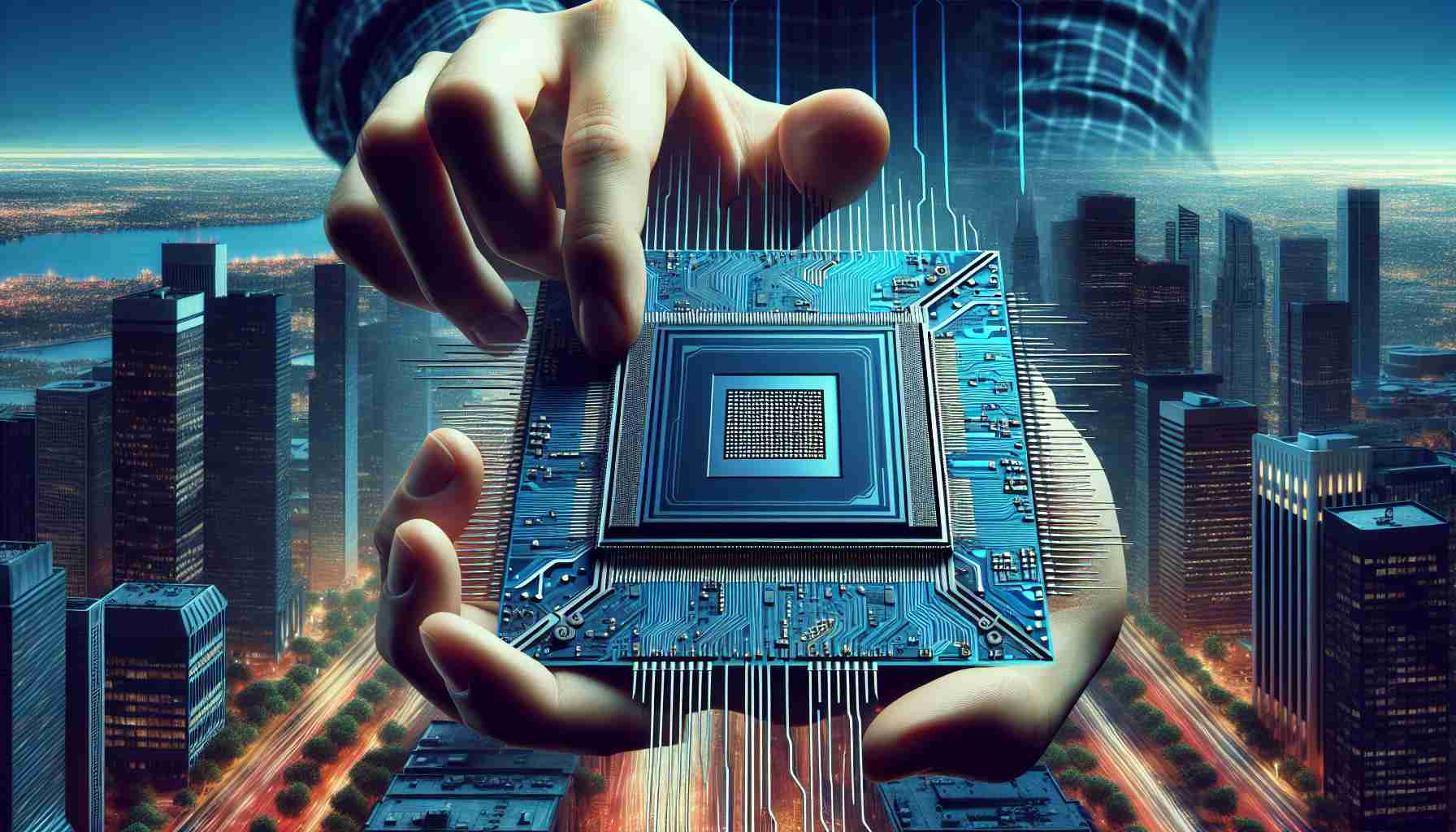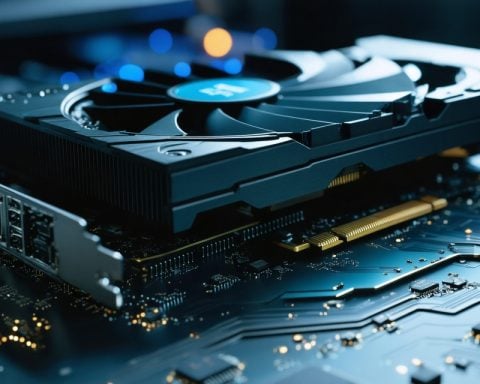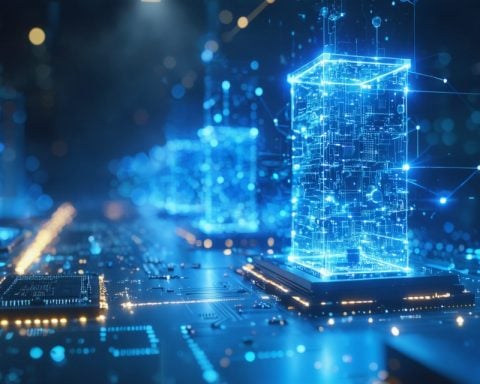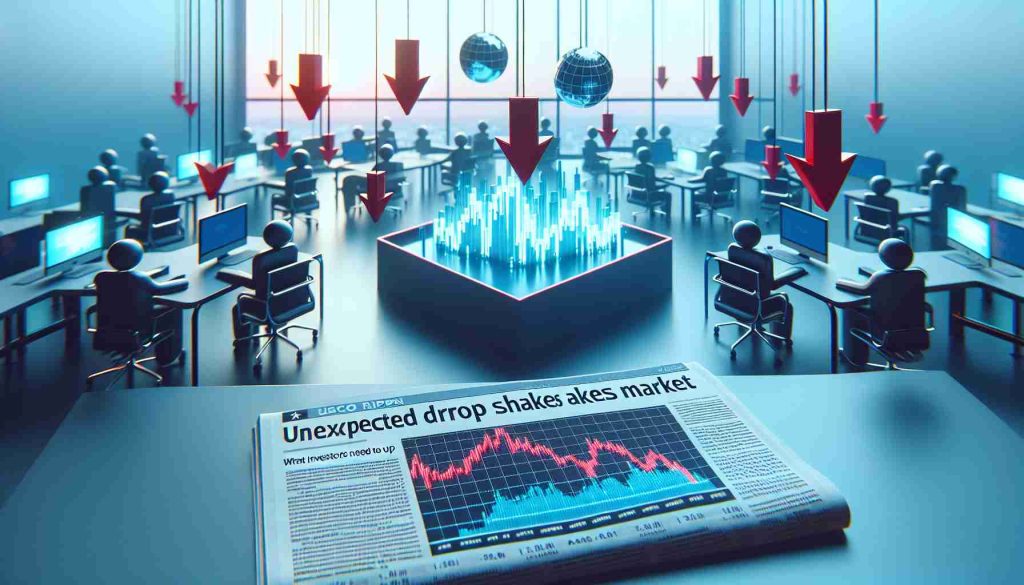Samsung’s recent management overhaul in its semiconductor and foundry divisions has taken the tech world by surprise. Despite these changes, the company’s stock faced a sharp decline, plummeting over 3%. The reshuffle includes some key appointments: Jun Young-hyun now co-heads Samsung as Co-CEO, steering the semiconductor and memory chip sectors. Alongside him, Han Jin-man steps up as President, leading the foundry business, while Seok-woo Nam takes over as Chief Technology Officer in the foundry division.
These strategic moves come amidst noticeable challenges in Samsung’s chip division. In the past month, the company disclosed a staggering 40% decline in quarterly profits for this sector. This downturn is primarily linked to setbacks in the AI chip business with major partners. The tech giant has been intensifying efforts to enhance its AI chip capabilities to rival SK Hynix in memory chips and TSMC in the foundry domain. The company’s stock value has seen a precipitous drop of about 30% since August, largely due to production delays in AI memory chips.
Samsung, currently facing fierce competition from industry heavyweights SK Hynix and Micron, especially in the high-bandwidth memory (HBM) chip sphere, sees a glimmer of opportunity. Renowned AI chipmakers like NVIDIA and AMD depend on Samsung for these vital components. Recently, NVIDIA has shown interest in Samsung’s HBM chips, expressing potential future use after successful testing.
Despite the hurdles, Samsung is optimistic about reclaiming ground in the HBM market. Market analysts speculate that achieving mass production of their advanced 12-layer HBM3e chips soon could significantly bolster Samsung’s market position by the end of 2024 and beyond.
The Silent Revolution: How Samsung’s Strategic Moves Could Reshape the Chip Industry
In the face of adversity, Samsung is orchestrating a silent revolution, hoping to overcome its current challenges in the semiconductor and foundry divisions with innovative strategies and technological advancements. The recent management shake-up has stirred conversations globally, yet underlying factors carry an equally compelling narrative. Let’s delve deeper into the ripple effects this could have on individuals, communities, and countries, alongside some intriguing controversies surrounding this change.
Impact on the Global Tech Ecosystem
While Samsung navigates these internal changes, the implications are far-reaching. Samsung’s success directly impacts device manufacturers reliant on their components. Smartphones, laptops, and numerous electronic gadgets rely on advanced semiconductors. For communities, this means that innovation in AI-driven products could either accelerate or stall based on Samsung’s pace of recovery. AI technologies increasingly permeate everyday life, and as Samsung aims to enhance its AI chip capabilities, this might pioneer advancements beneficial to consumers and businesses alike.
A Balancing Act: Advantages and Disadvantages
There are notable advantages to Samsung’s bold restructuring. The strengthening of their leadership team with experienced tech veterans could foster innovation and expedited problem-solving. This fresh perspective might accelerate the development and production of essential AI chips, positioning Samsung competitively against counterparts like SK Hynix and TSMC.
However, these advantages come with potential downsides. The transition phase could temporarily hinder productivity, delaying much-needed innovations in the chip sector. If production does not meet market demands, this could lead to prolonged shortages, affecting the global supply chain and, consequently, consumer prices.
Unveiling Interesting Facts and Controversies
The ongoing competition between Samsung and TSMC has ignited debates over sustainable practices in tech production. Critics argue that intense resource utilization for semiconductor development poses environmental and ethical concerns. As Samsung races to deliver their anticipated 12-layer HBM3e chips, conversations around eco-friendly practices become critical. Furthermore, the decision to pivot towards AI specialization stirs conversations on corporate responsibility and technological morality—questions arise on how these advancements should align with ethical standards.
Crucial Questions: What Lies Ahead?
– What will be the immediate impacts on Samsung’s workforce? Anticipating a transitional phase, changes in roles and responsibilities could either engage or disorient employees.
– How might Samsung’s innovations influence AI-driven industries? Industries like autonomous vehicles and smart devices could experience notable impacts based on Samsung’s success in the AI chip domain.
– Will global alliances shift? As Samsung adapts, partnerships with companies like NVIDIA could redefine industrial alliances and competitive dynamics.
In conclusion, Samsung‘s ongoing transformation is more than a corporate reshuffle; it’s a potential turning point for the technology sector. Stakeholders keenly observe how these strategic changes will resonate across the industry, determining not only Samsung’s market strength but also the technological horizon at large.





















